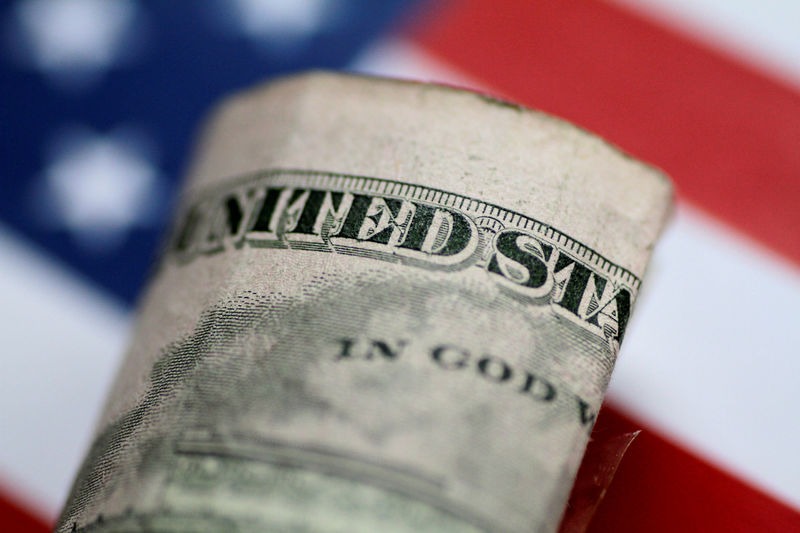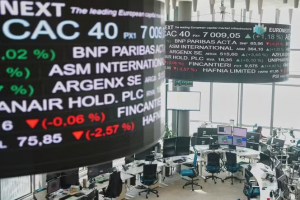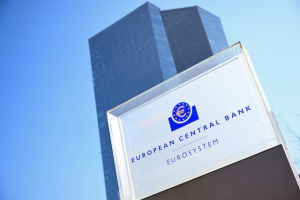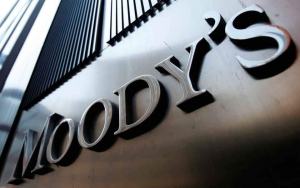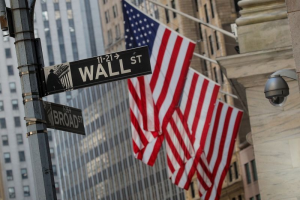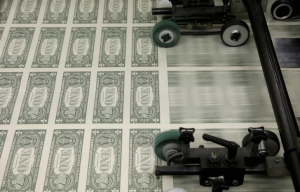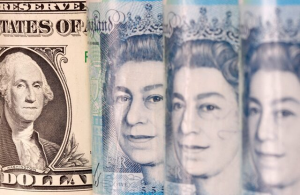The U.S. dollar slipped slightly Thursday, while the euro stabilized near a three-week low as traders digested the Trump administration announcing a 25% tariff on imported cars, raising the prospect of an all-out trade war.
At 05:05 ET (09:05 GMT), the Dollar Index, which tracks the greenback against a basket of six other currencies, slipped marginally lower to 104.077, after touching a three-week high in the previous session.
Dollar muted after auto tariffs announcement
The currency market reaction to the duties has been largely muted, but the U.S. imported $474 billion of automotive products in 2024, including passenger cars worth $220 billion, suggesting the impact could be large.
“Perhaps the FX market is dealing with tariff fatigue, and apart from already being priced in, the muted reaction may be a result of Trump suggesting that next week’s reciprocal tariffs could be quite lenient,” said analysts at ING, in a note.
“The weak reaction in FX to the tariff news could also suggest the market is moving on from the announcement effect to looking at how tariffs impact business and consumer confidence and, ultimately, the hard data of consumption and business investment. This will be a story for the second quarter.”
That said, with investors worrying that the trade duties will dent U.S. growth and potentially reignite inflation, attention is likely to quickly turn to the fourth-quarter U.S. growth data later in the session, as well as the weekly initial jobless claims.
Euro holds up
In Europe, EUR/USD traded 0.2% higher to 1.0774, bouncing off the three-week low seen earlier in the session, with the single currency holding up despite the importance of the U.S. auto market.
Europe’s carmakers exported around 800,000 vehicles to the United States last year, according to official U.S. trade data, about four times the number of cars exported by the U.S. to Europe.
“The question will be how Europe retaliates, which seems likely, and then how Washington responds. A global trade war is bearish for the cyclically sensitive euro,” ING added.
GBP/USD rose 0.3% to 1.2925, bouncing from the previous session’s sharp fall as traders weighed the latest fiscal update from finance minister Rachel Reeves.
Reeves trimmed her spending plans in a budget update on Wednesday that gave some reassurance to investors. Data on Wednesday also showed U.K. inflation cooled to an annual rate of 2.8% in February from 3.0% in January.
“Chancellor Rachel Reeves was helped by the Office for Budget Responsibility scoring the government’s planning reforms positively – adding to growth in later years,” ING said.
Asian currencies steady
In Asia, USD/JPY traded largely unchanged at 150.57, while USD/CNY edged 0.1% lower to 7.2639.
Asian currencies were largely unchanged Thursday, with investors cautious ahead of Trump’s April 2 deadline given the potential for more tariff announcements.

